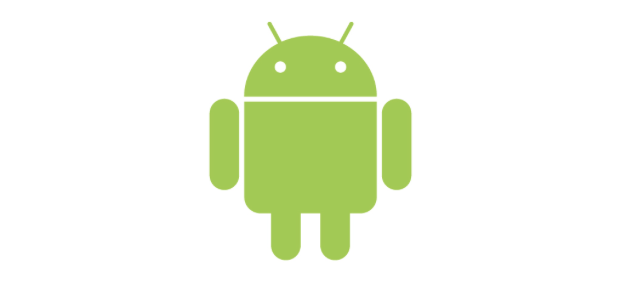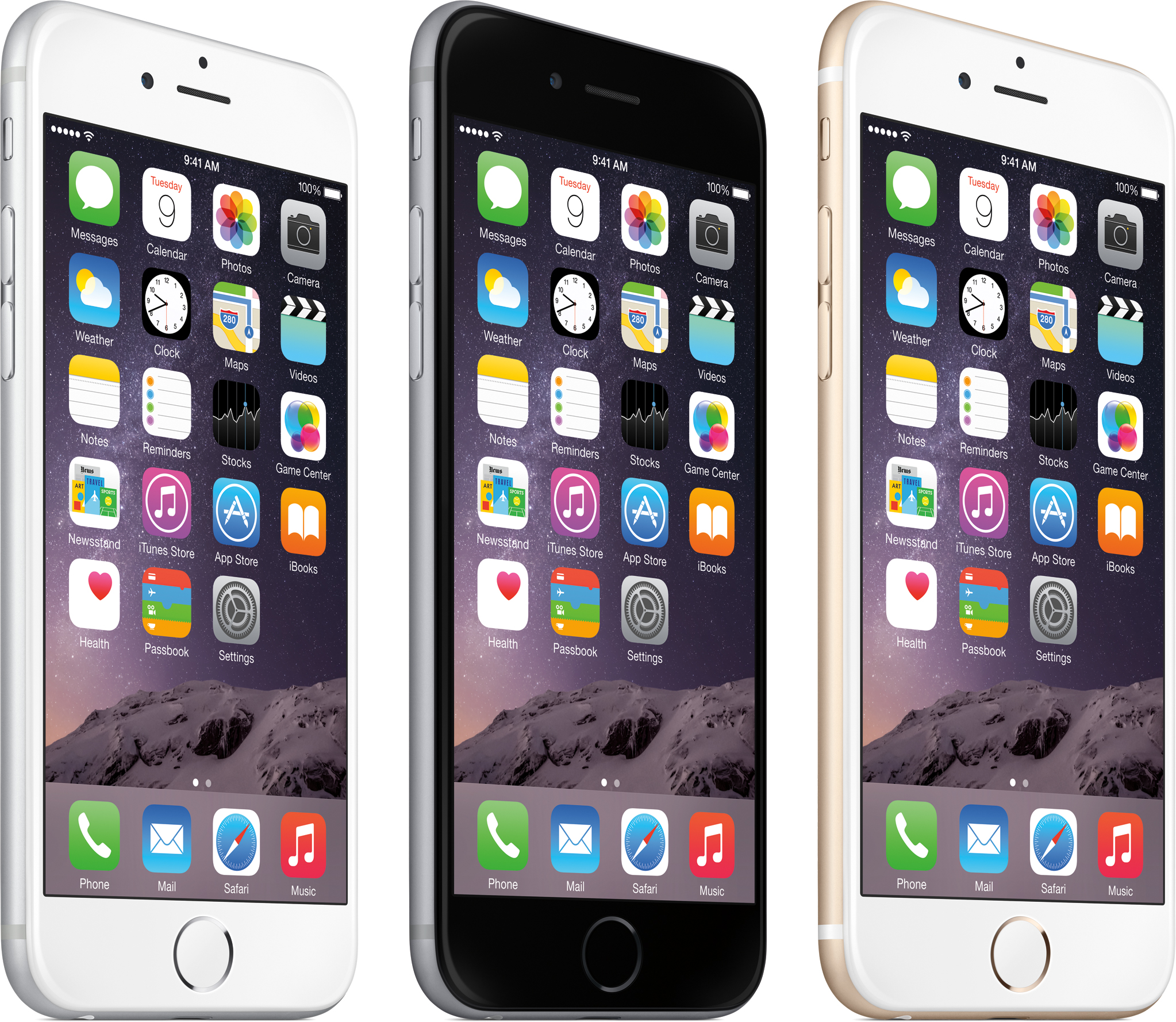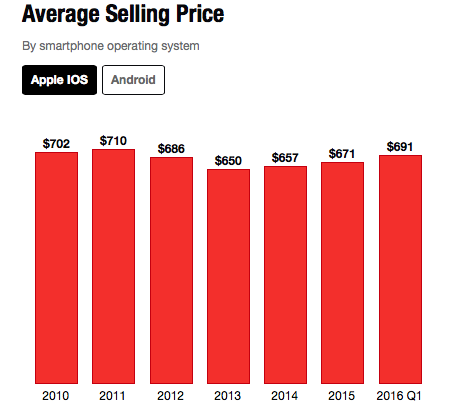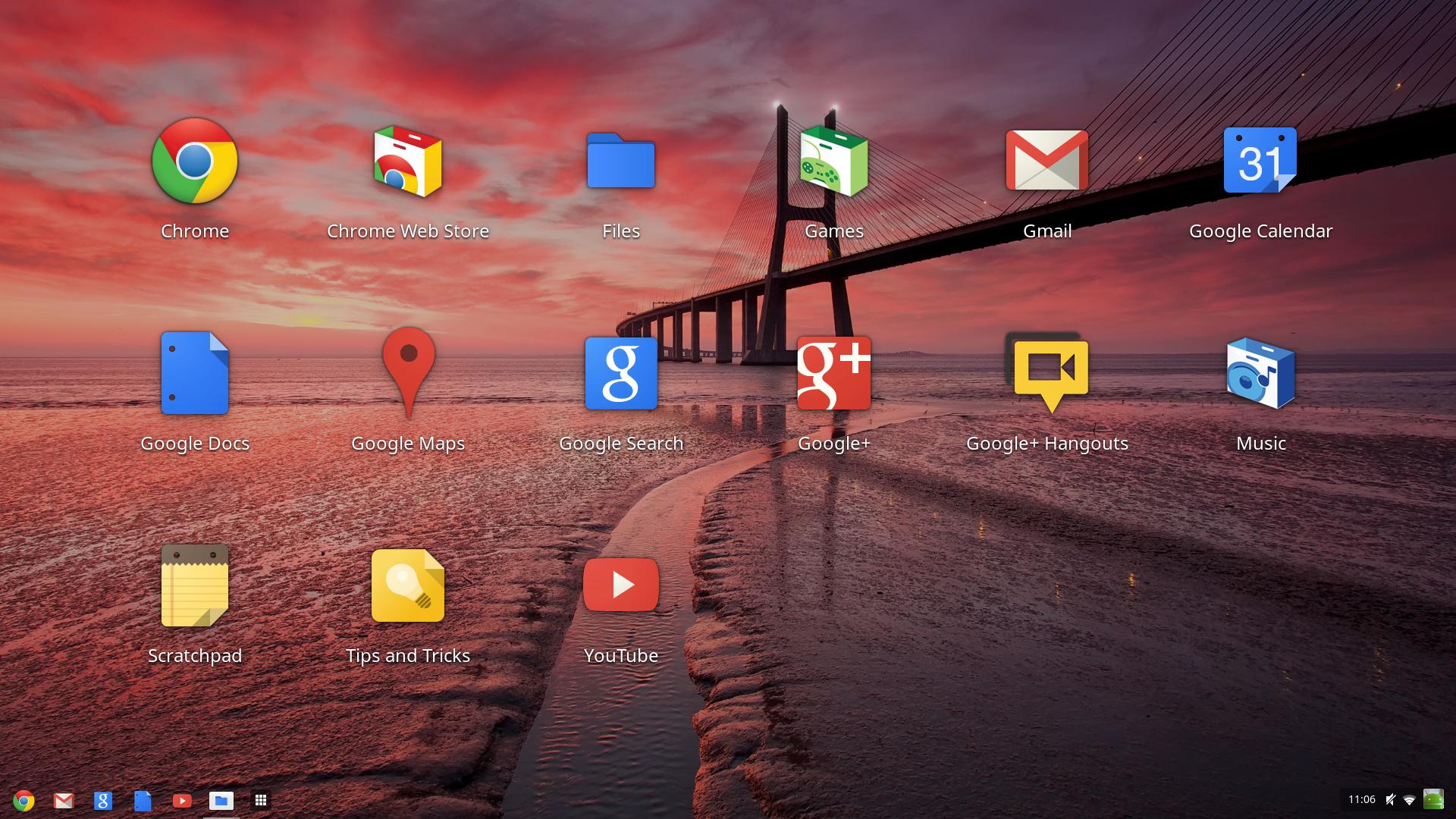
You look around and see iPhones everywhere. Apple products have dominated the gadget industry, and its name holds value beyond comparison to that of other brands. It’s hard to compete with this… but Androids are up for the challenge.
What makes Apple products so enticing that hooks their consumer base on so tight? For one, the Apple ecosystem lock-in. Those blue bubbles just get us. The sense of urgency communicated through this messaging is insanely effective. The intimacy of being able to see that your message was successfully delivered and someone typing a reply brings a sense of peace. How have Androids competed with this?: Whatsapp has increased its users to an impressive 1 billion, and the way this is going, it’s not impossible to believe that this app could replace SMS entirely. Also, things that were exclusively linked to Apple like Photos, iTunes, and iCloud have been challenged by Google Photos, Spotify, and Dropbox that have proven as tough competition. All these areas decrease Apple’s lock-in value.
Another staple of Apple is its uniformity. With Androids, there’s fragmentation with its interface, applications, startups, and more. Uniformity is lacking because there is an array of different Android devices you can choose from. When you purchase an iPhone, you can bet that all other iPhone interfaces look identical, and that doesn’t apply for Androids. Word has it that some OEM’s are reducing the level of customization with their own devices, and Google software might be the one to bring Androids a uniform front.

Probably the most blatant downside of Apple products is its steep price. The decoupling of plans and phones brings Android up the ranks. You no longer need one to get the other. The price of the apple plan, applecare, and the actual device is around $700, while the price of an Android is well under $300 on average.

Finally, Apple’s OS X software that was once untouchable is challenged by Google’s desktop OS. We’re moving away from permanent installations. Temporary and accessible is in. For example, Microsoft suite is now available online (Office 365), Google allows you to access just about everything from the web, and you don’t need to install applications to get your hands on it. Google might fold Chrome OS into Androids, which would mark the world’s largest app ecosystem to Google’s desktop OS. “Owning a customer relationship across all devices and all technology use cases is more important today than ever.” Google as a desktop OS is the missing link in the picture: with a competitive desktop OS, Google could offer customers a consistent experience across all of their devices, further supporting the Android ecosystem and threatening Windows, OS X, and iOS.

Androids and Google have reinvented some of the features that we thought was untouchable by Apple. Here at Oniracom, we love defying limits - reaching new levels of creativity and originality with each client that comes our way. Ready to take on this challenge with us? Contact us today.